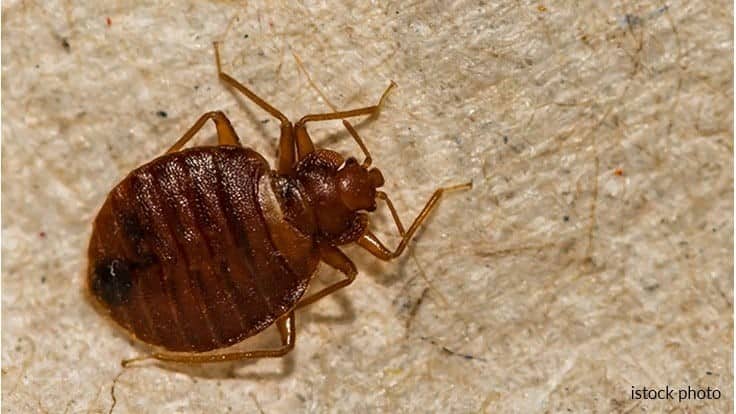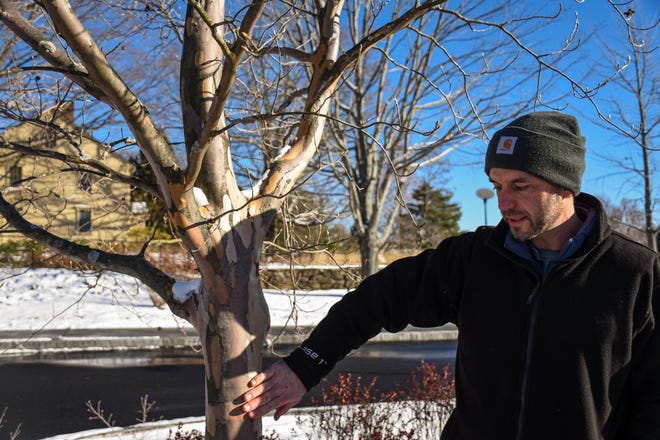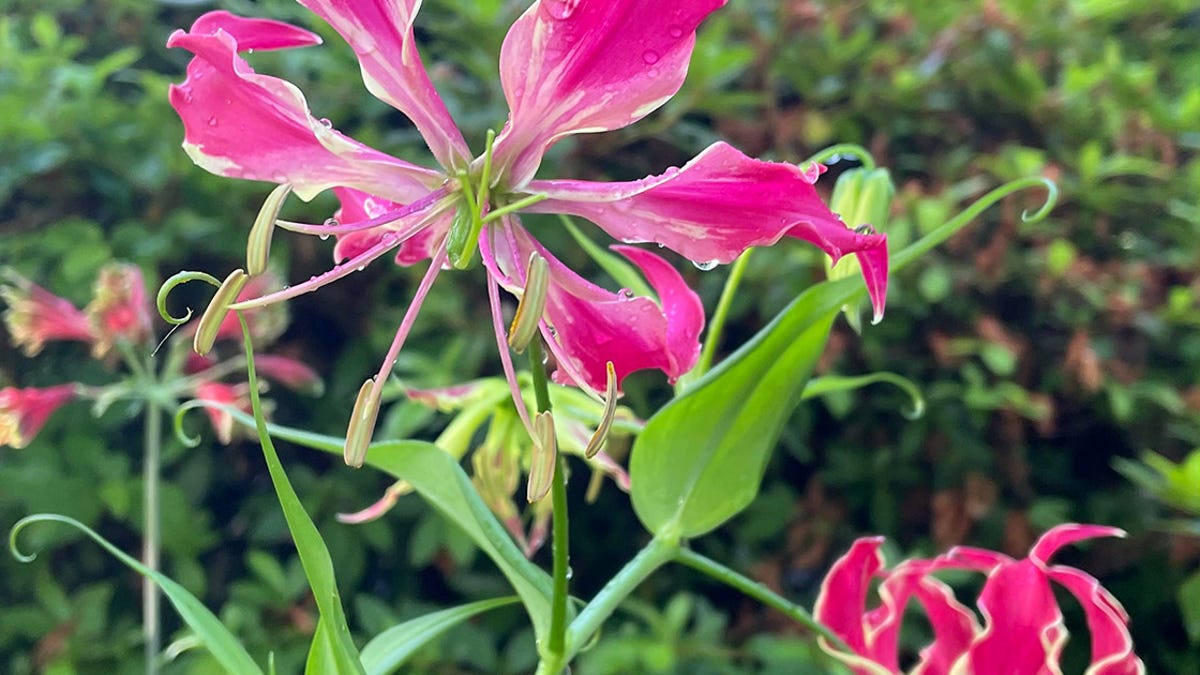Tom Ingram Ask a master gardener
“I’ve been growing my own vegetables for a few years and it seems to be doing pretty well. But next year I would like to switch to more organic practices. Any suggestions?” – SS
The term “organic” on produce and other edible products can be a bit confusing. But there are pretty specific rules one must follow before considering one’s own produce “organically” grown.
On this week’s episode, Grace Wood, James Watts and Jimmie Tramel discuss the traditions and sides of Thanksgiving. What about green bean casserole anyway? Also, a national touring production of the musical Six is coming to town, and Daddy B’s BBQ is open in South Tulsa.
For a better understanding, here is the official USDA definition statement on the subject. “Organic products must be produced using agricultural production practices that promote resource cycling, promote ecological balance, maintain and improve soil and water quality, minimize the use of synthetic materials, and preserve biodiversity.” That should clarify it…
The definition sounds pretty simple, but the process to be certified as an official organic producer takes about three years. During these three years you must follow all the rules for organic gardening, but the certification will only take place after these three years.
People also read…
The good news is that unless you’re trying to sell your veggies at a farmer’s market or similar, you don’t really need to get certified. You can just follow organic practices and enjoy your garden.
Since soil is key to growing anything (organic or not), improving your soil is a good place to start. But how you make these improvements is important if you want to use organic practices. Organic matter in the soil contributes to a healthy soil profile. Organic matter is essentially anything that used to be alive. Not only does it help improve soil quality, but as a bonus, it’s packed with major and micronutrients.
For reference only, the soil in our area typically has an organic matter content of around 1%. The target for organic matter content for our soil is around 3% to 5%. If you’re wondering why this is so important, for every 1% increase in organic matter in your soil, you can typically expect about a 10% increase in production. That’s a pretty significant increase. Adding composted manure or your own home grown compost to your garden is a great natural way to increase the organic content in your soil.
Another way to achieve an increase in organic matter is to plant a cover crop. Cover crops are planted in the off-season to restore nutrients to the soil. Suitable cover crops are annual ryegrass, winter rye, winter peas, clover or hair vetch. A cover crop is plowed into the ground in the spring before you plant your vegetables.
If you continue down this path of organic growing, you will want to start using organic fertilizers. Organic fertilizers include blood meal, bone meal and feather meal. One of the benefits of organic fertilizers is that they add not only the most important nutrients we need in our soil, such as nitrogen, phosphorus and potassium, but also a range of micronutrients.
When it comes to controlling pests like insects and diseases, ecological practices separate from more traditional practices. When we employ integrated pest management techniques, the key to pest and disease management is prevention.
A good first step in this process is to use disease-resistant vegetables. For example, in tomatoes, some varieties have been cross-pollinated to increase resistance to fungal diseases. If your plant is resistant to a disease, the likelihood that a pesticide will need to be used to control that disease is greatly reduced.
If you prefer to purchase transplants, you can help reduce disease in your garden by examining the roots before purchasing. In healthy plants, the roots will be white or lighter in color and will not wrap around the inside of the container. Plants with dark or root-bound roots should be avoided. There’s no reason to bring a diseased plant back into your garden. Well, some of you like to buy “save plants” off the bargain aisle. There’s nothing wrong with that, but just imagine that these plants are probably “rescue plants” for a reason other than “lack of water.”
We’ve already talked about crop rotation, but crop rotation is another great way to minimize disease. The challenge comes when we grow the same crop in the same spot year after year. This creates a fertile breeding ground for diseases that affect that particular plant. Over time, these diseases can become a big problem. Rotating crops help minimize this build-up, and again, with fewer diseases in your garden, you won’t need to intervene with pesticides as often, organic or not. We have a good explanation of plant families to consider when rotating on our website in the Vegetables section of the Lawn and Garden Aids section at tulsamastergardeners.org.
We often talk about the importance of garden mulch, but here’s another instance where a good layer of mulch helps minimize disease. There are a variety of fungal diseases in the soil that become a problem when they spill onto the leaves of the plant. Having a good layer of mulch will help minimize spray, reducing the chance of this disease spreading to your plant. This is a simple solution that pays off enormously.
And finally, you must stick to organic pesticides such as insecticidal soap, neem oil, or a host of others. Organic pesticides will help you eliminate pest and disease problems with a minimum of collateral damage when used properly.
You can get answers to all of your gardening questions by calling the Tulsa Master Gardeners Help Line at 918-746-3701, stopping by our Diagnostic Center at 4116 E. 15th St., or emailing us at mg@tulsamastergardeners.org .
Make your house a home
For the Holidays: Get inspirational home and gift ideas – sign up now!








